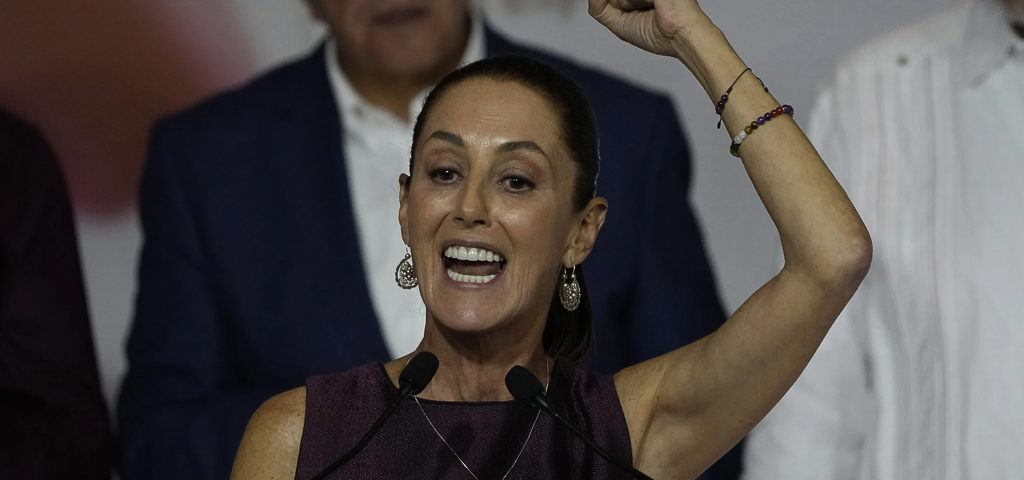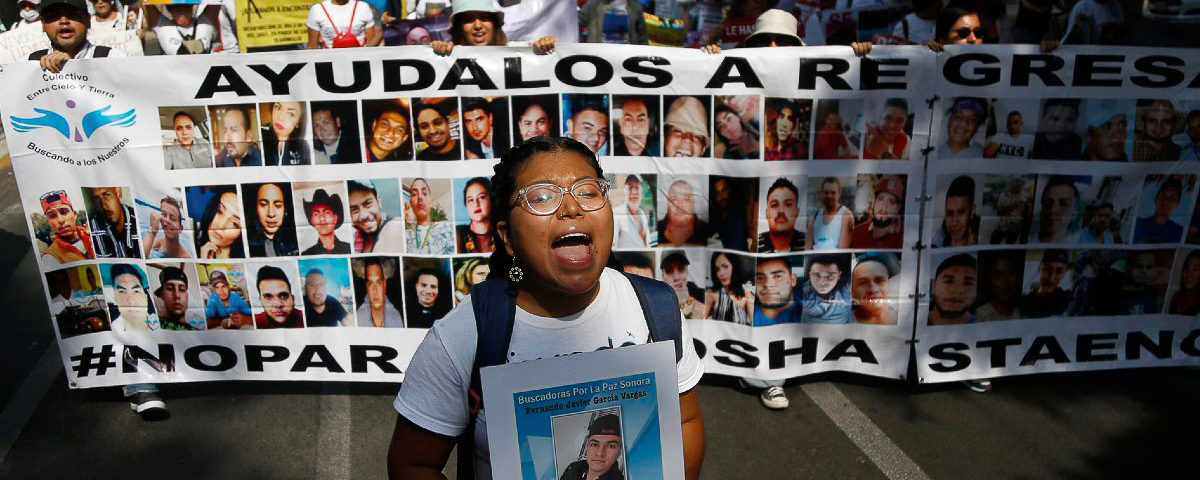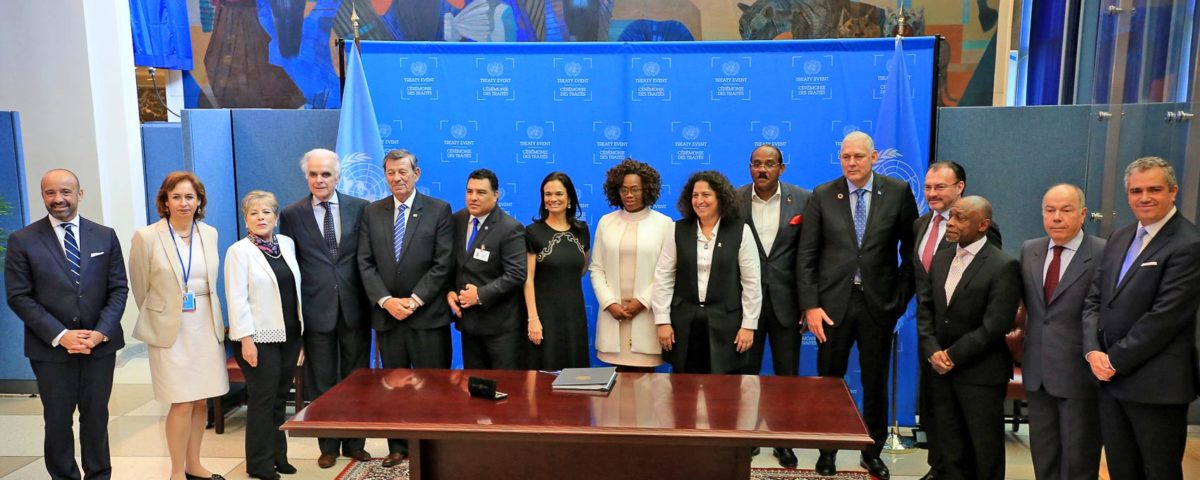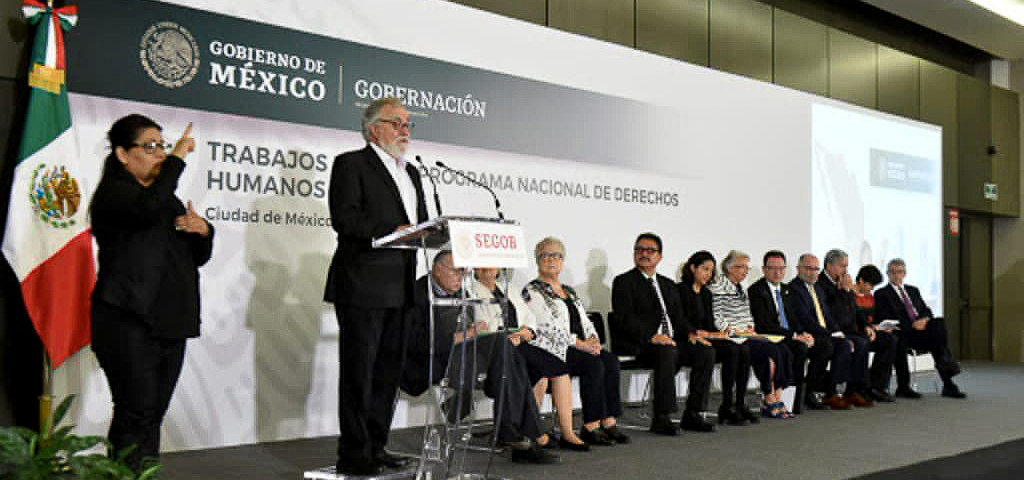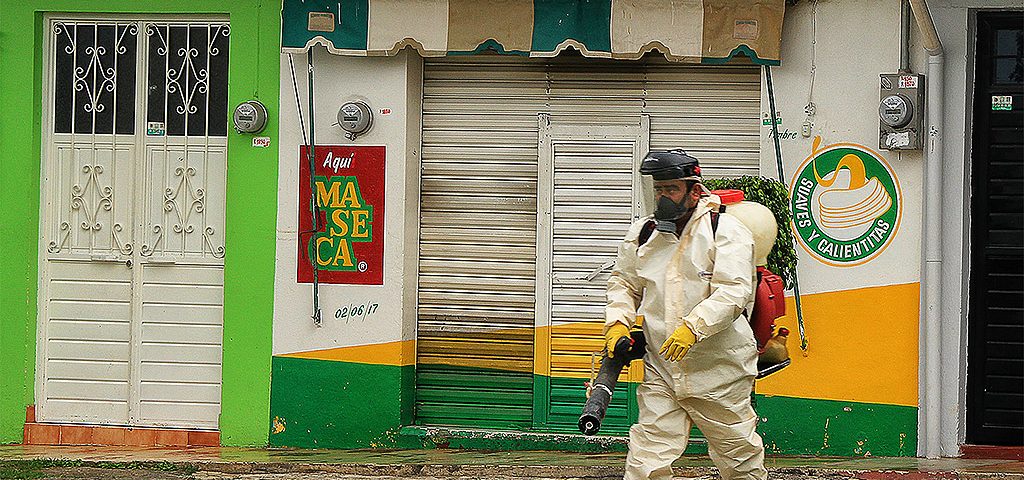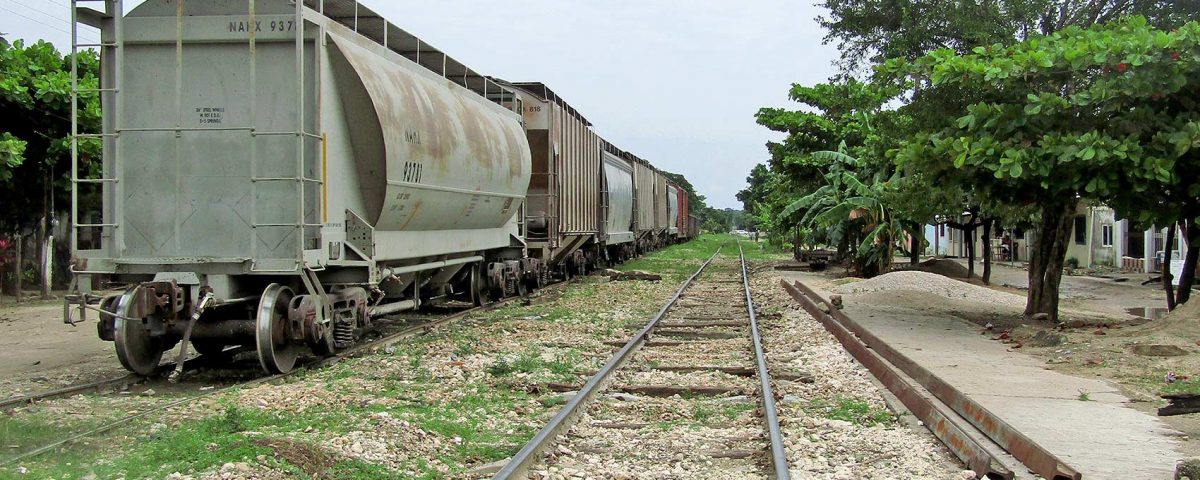30/06/2024
In March, the High Commissioner for Human Rights of the United Nations (UN), Volker Türk, said that the electoral process underway in Mexico “must be safeguarded from violence.” On June 2nd, these elections will lead to the appointment of more than 20,000 public officials, including the head of state, as well as members of both chambers of Congress and a wide range of representatives and state and local authorities.

